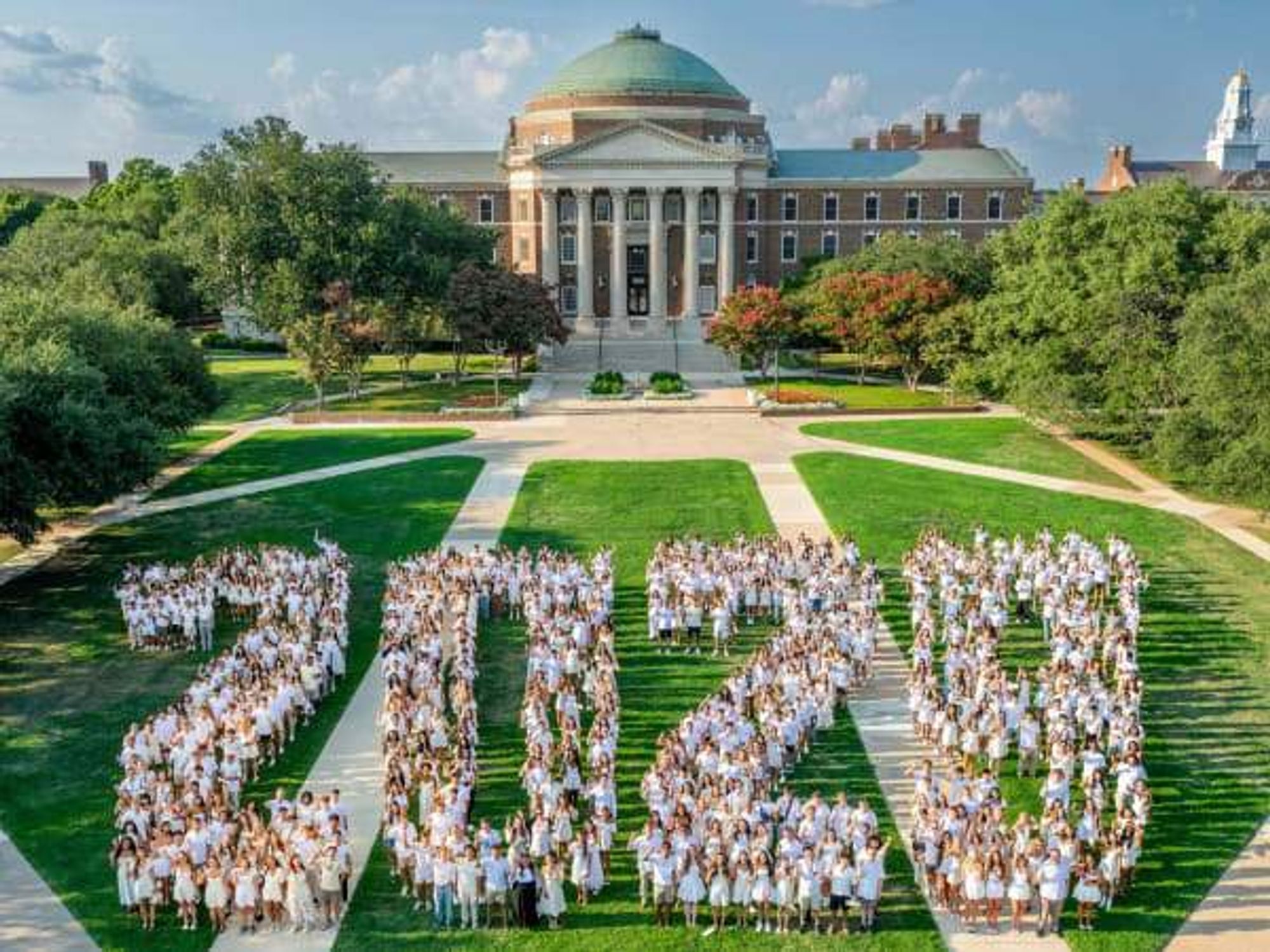City News
Risky bike path on downtown bridge finally opens and more Dallas news

In this week's roundup of Dallas news, a high-profile bike lane was officially opened. A master plan was adopted to take care of trees in Dallas. Beto was in town. And you can get vaccinated for free this weekend.
Here's what happened in Dallas this week:
High-profile bike path
A bicycle path on the Margaret McDermott Bridge in Dallas was officially opened to pedestrians and bike riders on Thursday. It's one of two Dallas bridges designed by architect Santiago Calatrava, and is opening four years after the bridge opened to motorists because it was not safe enough for bicyclists or pedestrians to use. The Dallas City Council had to allocate $7 million to replace the bridge's cable anchor system. It'll cost taxpayers $400,000 a year to maintain.
Adding bicycle and pedestrian lanes helped get federal funding for the project. They're currently off the beaten path but will eventually be connected to Dallas' bicycle network.
The Margaret McDermott Bridge extends I-30 from downtown Dallas across the Trinity to the post office, Oak Cliff, and beyond.
Beto was here
Beto O'Rourke was in Dallas-Fort Worth this week, part of a statewide tour to promote voting rights, with the Texas Organizing Project, aka TOPS, a grassroots organizing group. He was in Denton on June 7, then in Dallas on June 9, in the Los Altos neighborhood.
Crime bust
Two law enforcement agencies came together in Dallas to execute a large-scale operation in Fair Park, which they said is one of the city's most crime-ridden neighborhoods. FBI agents teamed with the Dallas Police Department in an investigation that began in 2019, and culminated in drug charges against 10 people. In a press conference, they described it as the most dangerous area in North Texas when it comes to gun crimes. According to their statistics, aggravated assaults went from 315 incidents in 2018 to 485 in 2020, and the number of murders climbed from 10 in 2018 to 23 in 2020, which they said represents 10 percent of all the murders in Dallas.
Dallas ADEX is back
The Architecture and Design Exchange (AD EX) is reopening its downtown location at 325 N. St. Paul St. to the public and resuming in-person programs beginning Friday June 11. The AD EX will be open to visitors Tuesday-Thursday from 10:00 am–6 pm and Friday-Saturday 10 am-3 pm. The AD EX was closed to the public in March 2020 due to COVID-19. They resumed walking tours of the Dallas Arts District and Main Street in downtown Dallas, plus Fair Park Tram Tours. The mission of the AD EX is to lead the conversation about architecture to you. There is no charge for admission for exhibitions and for many programs provided by the AD EX.
Free vaccine
Any Dallas adult or child over 12 who's eligible for the COVID-19 vaccine can get it for free at a vaccination clinic open to the public on Saturday in southeast Dallas at the New Millennium Bible Fellowship Praise Center.
Hours on open Saturday will be 12–3 pm at the Praise Center, located at 9026 Elam Rd.
Waste and recycle
The City of Dallas is updating its Local Solid Waste Management Plan to support the city's environmental and sustainability goals, and needs input to inform decisions about Dallas' solid waste and recycling programs, as well as future opportunities to reduce waste destined for the landfill. They're encouraging Dallas residents to take the online survey.
Trees matter
The first Dallas Urban Forest Master Plan was adopted by the Dallas City Council on June 9. Its goal is to maximize the value of the city's urban forest. A release says that the plan addresses urban challenges such as pests and disease control, rapid urban development, and inequitable distribution of tree canopy. It has 14 recommendations and 56 action items including plant 31,000 trees; do a tree inventory of right-of-way and park trees; create a plan to strategically plant and care for trees to ensure equitable access to tree canopy; and identify the best use of the wood when trees are removed.
The plan notes that the majority of the city's undeveloped land is in the southern neighborhoods, where more than one third of the city's tree canopy cover is located. With development occurring in these areas, there has been an 11 percent loss of tree canopy loss and an increase in roads and buildings, which is projected to increase temperatures by more than 1 degree F and decrease overall city canopy cover by 1.4 percent.

 Working from home comes with its own challenges, like picking which part of the couch to work from. Photo by Jodie Cook on Unsplash
Working from home comes with its own challenges, like picking which part of the couch to work from. Photo by Jodie Cook on Unsplash  Frisco ranked No. 5 nationwide in a 2025 study. Visit Frisco/Facebook
Frisco ranked No. 5 nationwide in a 2025 study. Visit Frisco/Facebook